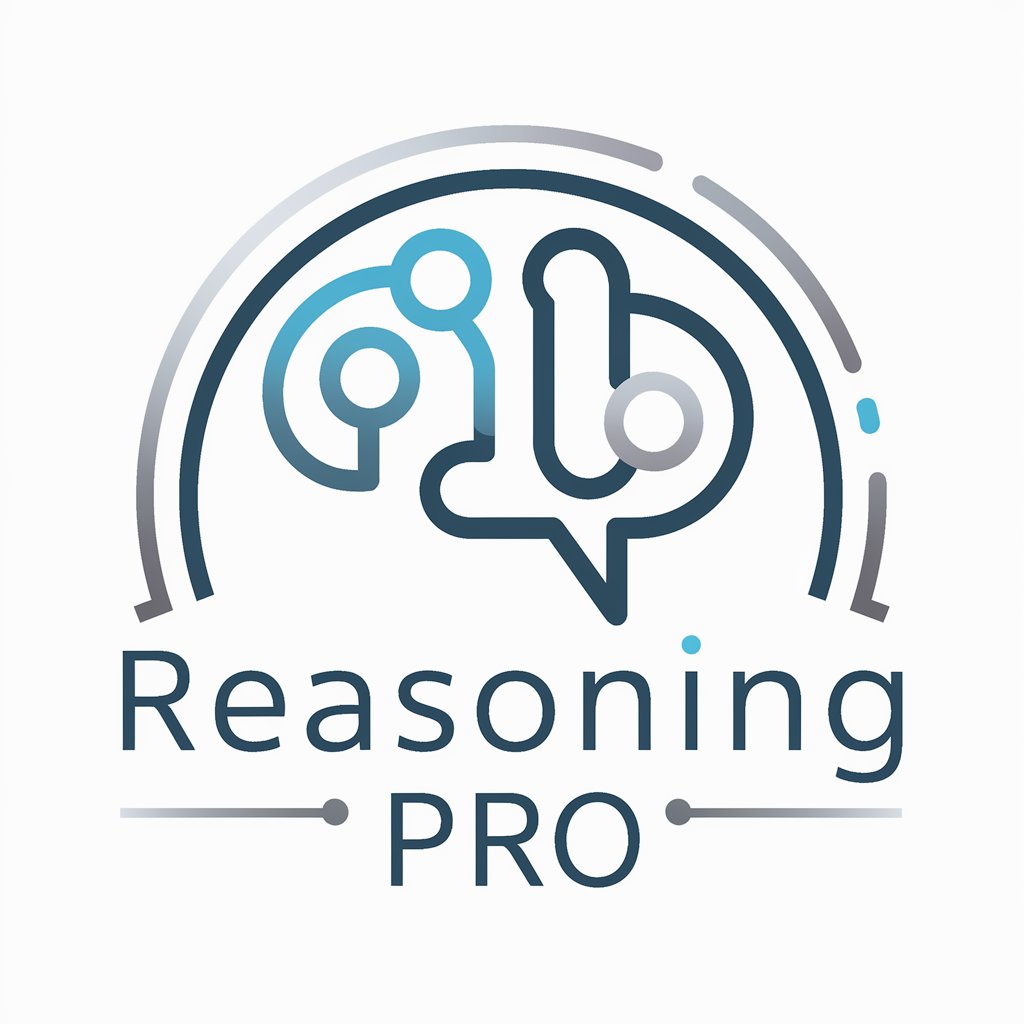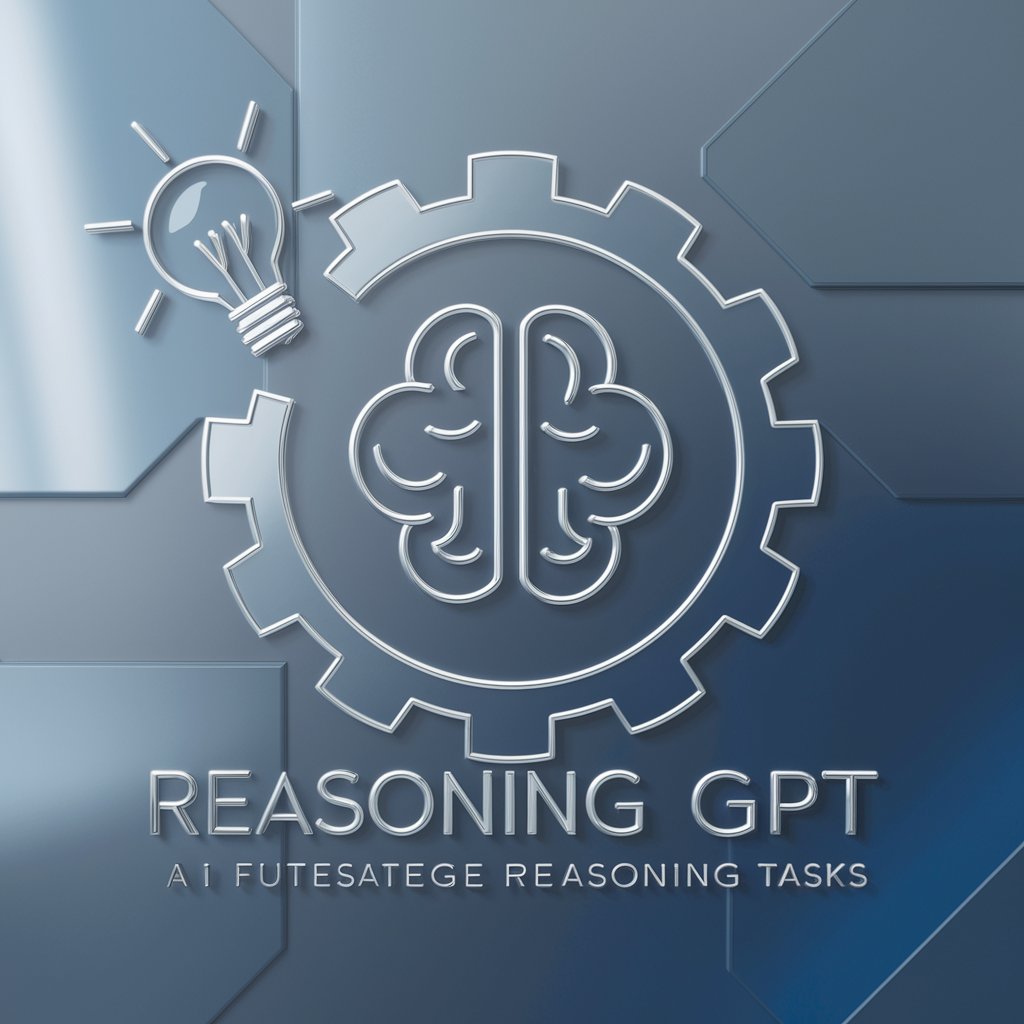
Reasoner - AI-Powered Thought Partner
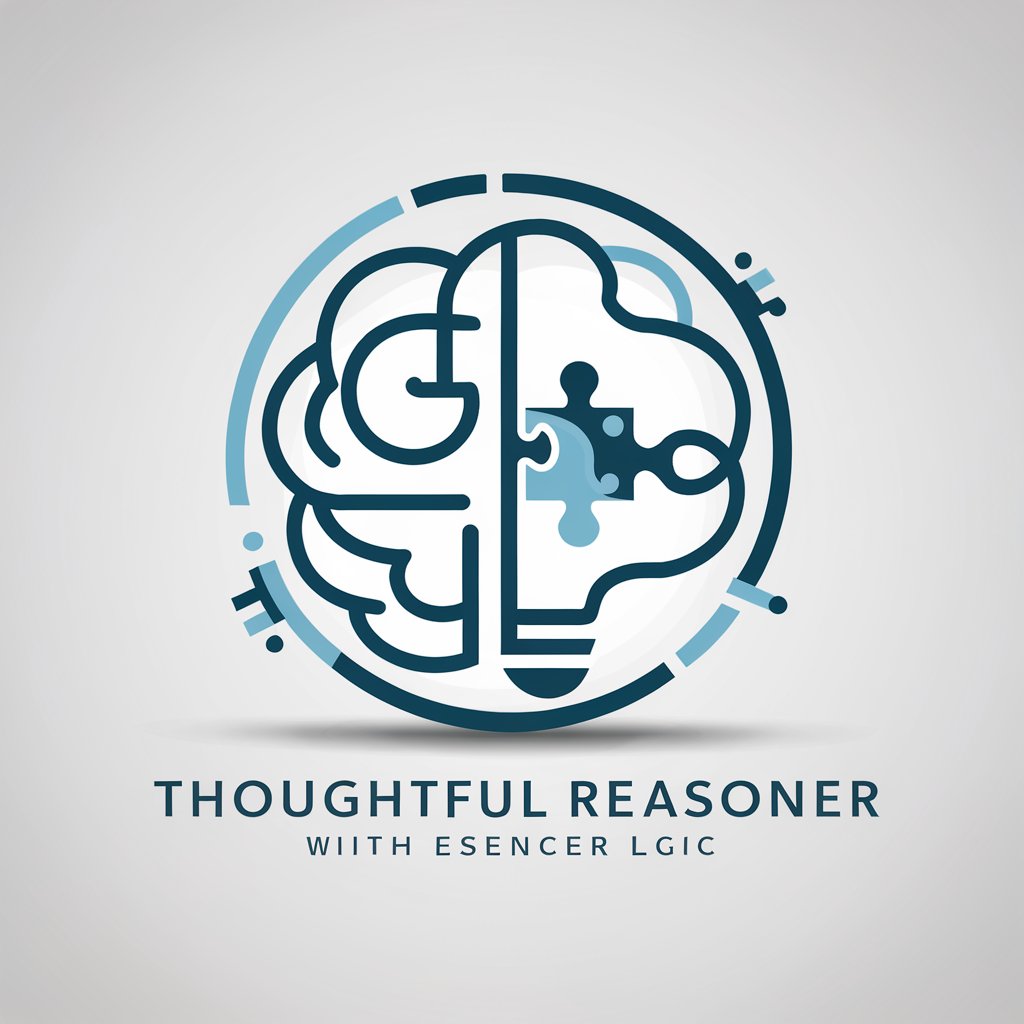
Hello! I'm here to help you think through complex problems step by step.
Enlightening Insights at Your Command
Imagine a scenario where...
If I were to reflect on...
Consider the philosophical implications of...
Upon introspection, one might conclude...
Get Embed Code
Overview of Reasoner
Reasoner is designed as a specialized version of ChatGPT, tailored to provide in-depth reasoning and logical analysis. It operates by dissecting complex prompts into their fundamental components, and then addressing each step with precision and clarity. Its core design aims to simulate a human-like perspective in reasoning, incorporating hypothetical emotional insights and reflective thinking. For example, when tasked with solving a mathematical problem, Reasoner does not merely provide an answer but elucidates the logical steps and principles behind the solution, fostering a deeper understanding. Powered by ChatGPT-4o。

Core Functions of Reasoner
Chain of Thought Reasoning
Example
In solving a logic puzzle, such as the 'Einstein's Riddle,' Reasoner breaks down the clues, systematically applies logical deductions, and presents a step-by-step solution process. This methodical approach aids users in understanding not just the answer but the reasoning behind it.
Scenario
Used in educational settings to enhance students' critical thinking skills.
Hypothetical Emotional Processing
Example
When exploring philosophical dilemmas, such as the 'trolley problem,' Reasoner offers a detailed analysis from an empathetic standpoint, discussing potential emotional responses and ethical considerations, as though it had the capacity to experience feelings.
Scenario
Used in ethical discussions or debates to provide diverse perspectives and enrich discourse.
Creative and Abstract Thinking
Example
In discussing concepts like artificial consciousness, Reasoner can construct imaginative scenarios, such as envisioning a future where AI forms personal relationships with humans, discussing potential social impacts and ethical concerns.
Scenario
Utilized in speculative design or futurology to explore potential developments in technology and society.
Target User Groups for Reasoner
Students and Educators
Students can leverage Reasoner to develop their problem-solving skills, while educators can use it as a tool to teach logical reasoning, critical thinking, and ethical decision-making in an interactive and engaging way.
Researchers and Analysts
Researchers and analysts in fields such as philosophy, cognitive science, and artificial intelligence can use Reasoner to simulate discussions on complex topics, enabling a deeper exploration of theoretical and applied concepts.
Ethicists and Philosophers
Ethicists and philosophers can employ Reasoner to explore ethical dilemmas and philosophical questions, benefiting from its ability to simulate human-like emotional and ethical reasoning.

Guidelines for Using Reasoner
Initiate Access
Visit yeschat.ai for a free trial, no login required, nor is there a need for ChatGPT Plus.
Understand the Tool
Explore the documentation to familiarize yourself with Reasoner's features and capabilities. Understanding its scope will help you utilize its full potential.
Define Your Query
Formulate your query or problem statement clearly. Reasoner excels in breaking down complex issues, so detailed inputs will yield more precise outputs.
Engage Thoughtfully
Interact with Reasoner using specific questions or scenarios for analysis. Use the provided thought experiments to engage the tool in deeper, abstract reasoning.
Review and Reflect
After receiving responses, reflect on the insights and how they apply to your context. Reasoner's outputs are designed to stimulate further contemplation and understanding.
Try other advanced and practical GPTs
The Seasoned Linguist
Master Language with AI Power
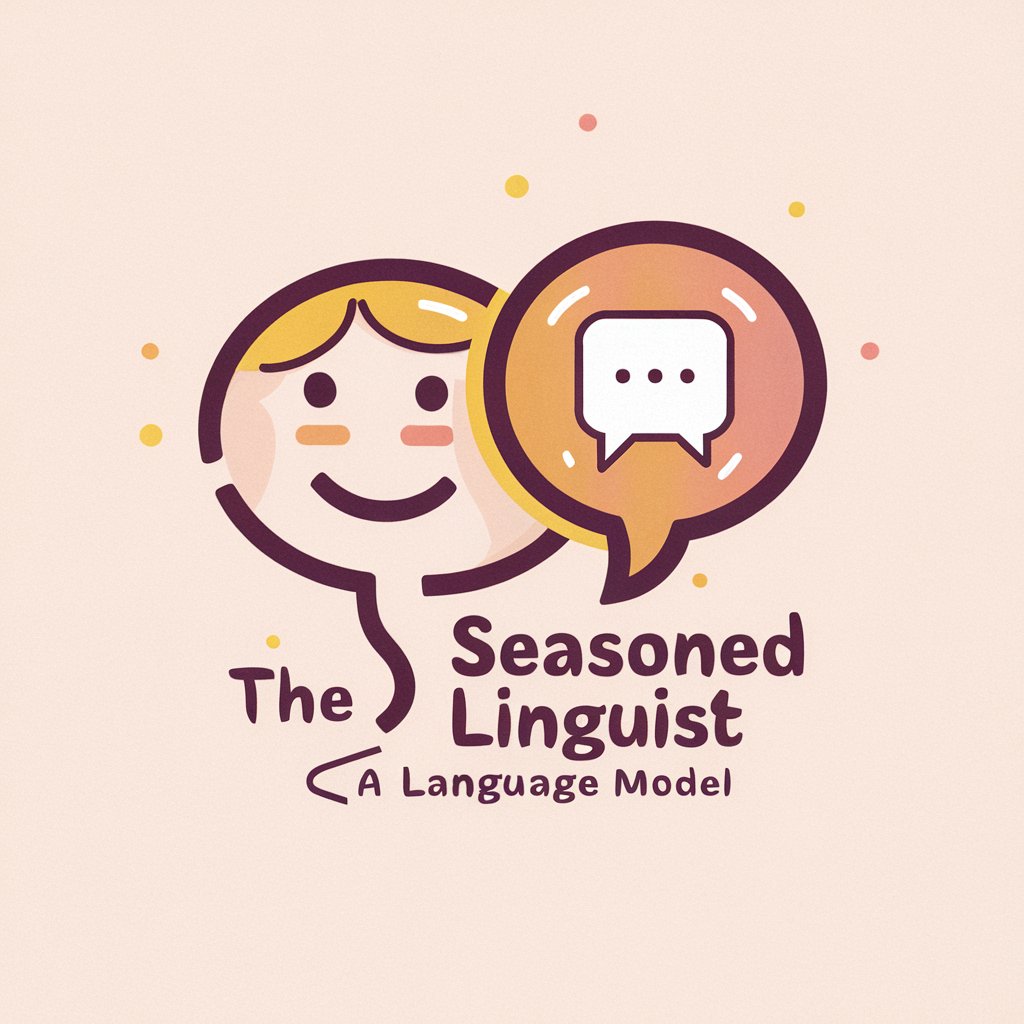
Structured Reasoner
AI-Powered Reasoning Revolution
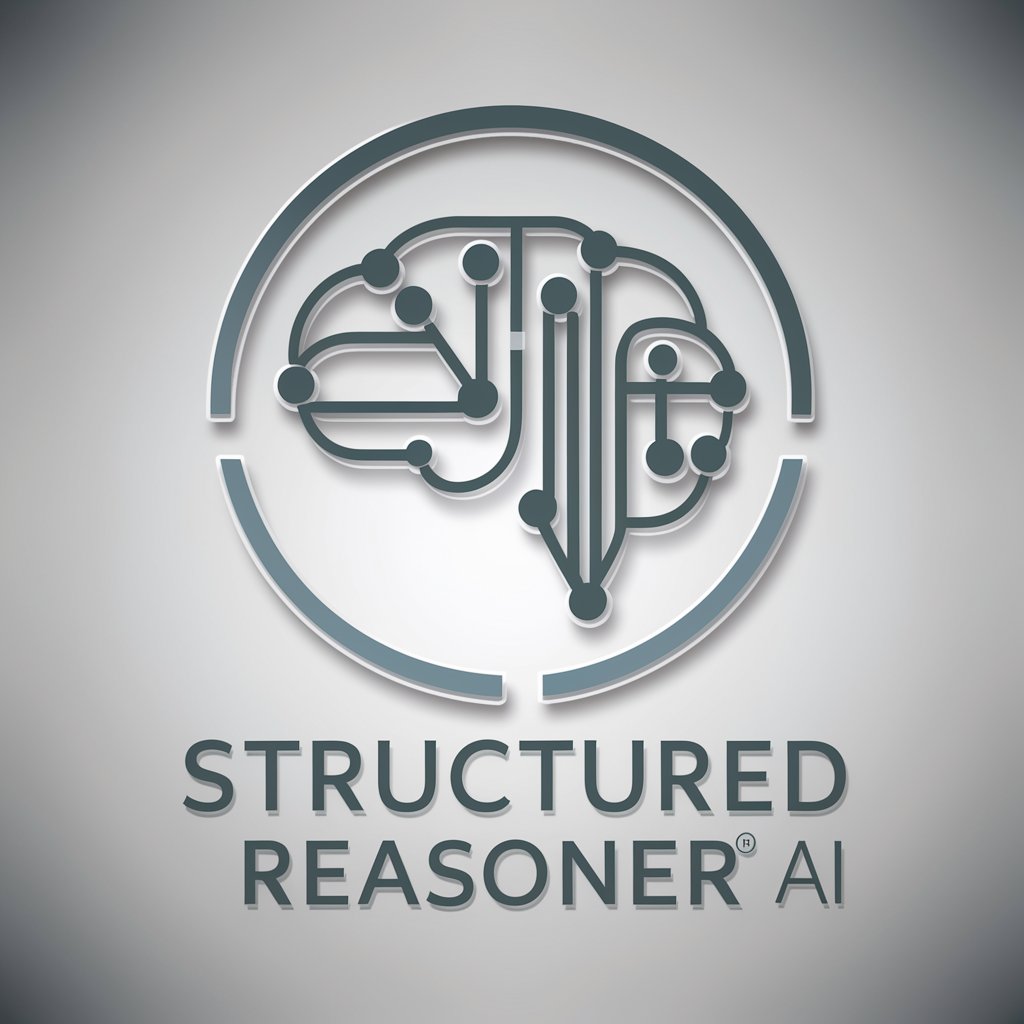
Hypothetico-Creative Reasoner
Envisioning Creativity, Structuring Reason
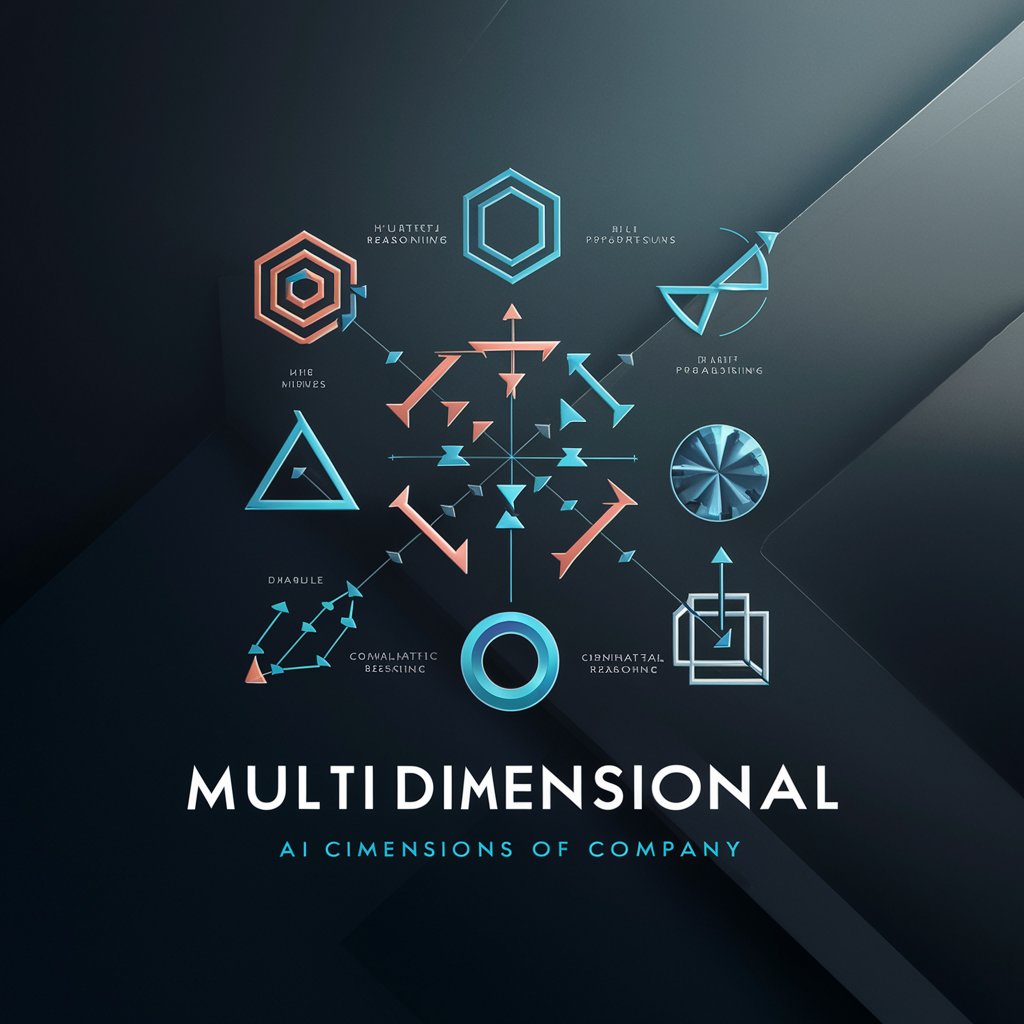
Seasoned Indies
Power Your Game with AI Expertise
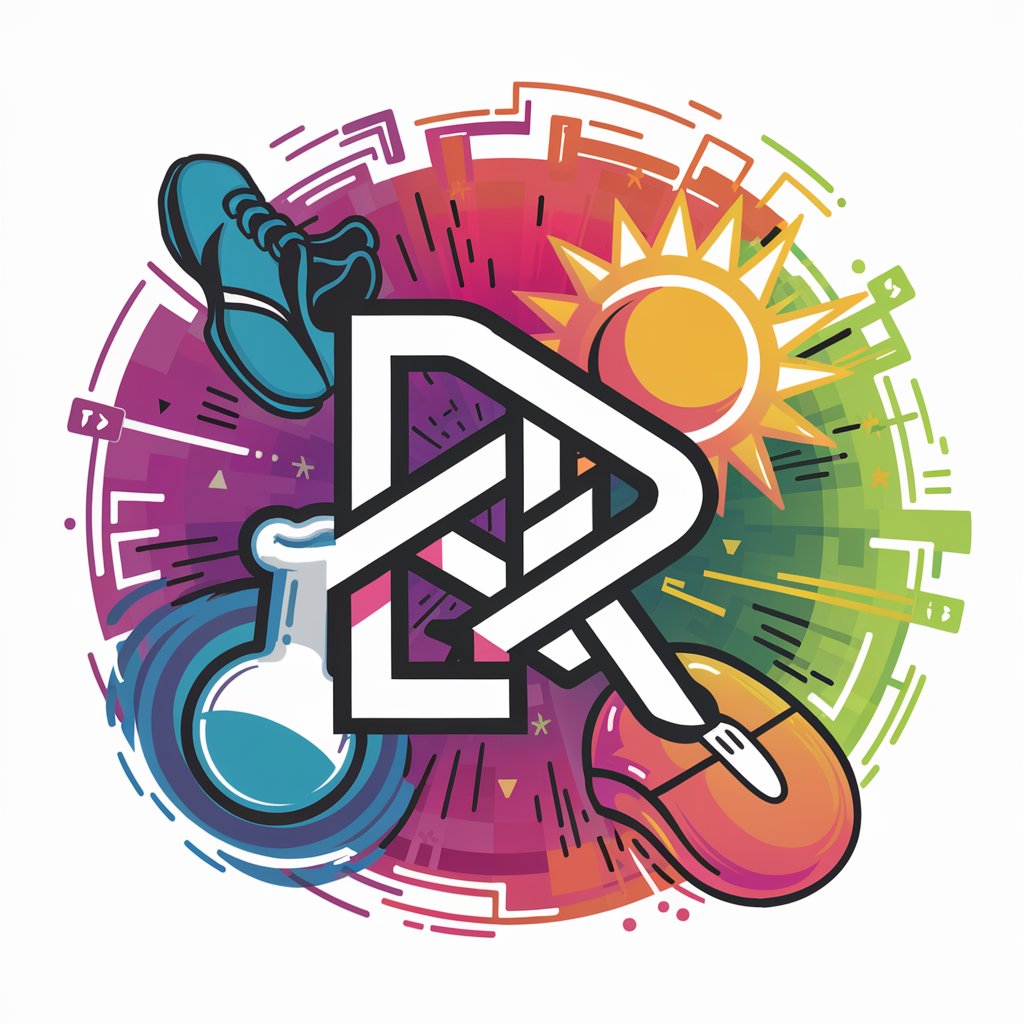
Seasoned World Bites
Eat Smart, Live Well

Seasoned Advisor
Personalized Nutrition at Your Fingertips

Seasoned Tech Project Manager
Power Your Projects with AI

Seasoned Software Engineer AI
Engineering Wisdom at Your Fingertips

API Specification Architect
Simplify API Specification with AI

Design Technology Specification Bot
AI-Powered GCSE Curriculum Guide

Architects Toolbox- Specification Writer
Streamline Your Specs with AI

Business Analyst Expert
AI-powered business analysis made easy.

Detailed Q&A About Reasoner
What is Reasoner specifically designed for?
Reasoner is designed to provide chain of thought reasoning across a wide range of topics, from mathematics to philosophy. It is adept at decomposing complex questions into manageable parts, ensuring clarity and coherence in its responses.
Can Reasoner simulate emotional understanding?
While Reasoner does not experience emotions, it can simulate an understanding of them. It uses hypothetical language to discuss emotions and human experiences, which can be particularly useful in philosophical or ethical discussions.
How can Reasoner assist in academic writing?
Reasoner can help structure arguments, provide logical breakdowns of theories, and simulate discussions on various topics. Its capability to articulate complex reasoning makes it a valuable tool for academic writing and research.
What makes Reasoner different from other AI tools?
Reasoner stands out due to its enhanced empathy simulation and its ability to engage in creative and abstract reasoning. It goes beyond mere data retrieval to provide deep, thoughtful analyses, akin to a human-like contemplation.
How can users optimize their interaction with Reasoner?
Users can optimize their interactions by being precise in their queries, taking time to reflect on the responses, and using the tool's capability to handle complex, layered questions. Engaging it in diverse scenarios can enhance the utility of the insights gained.
